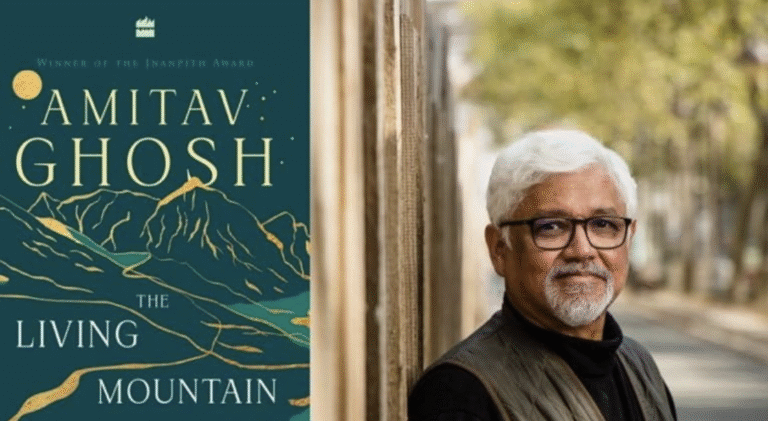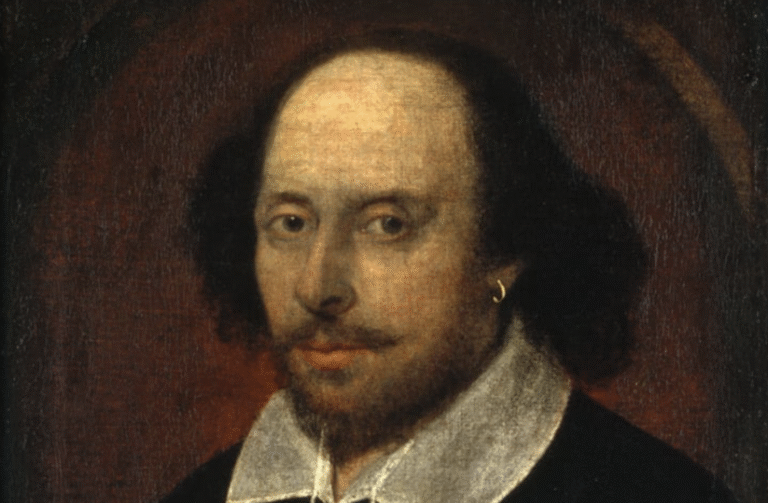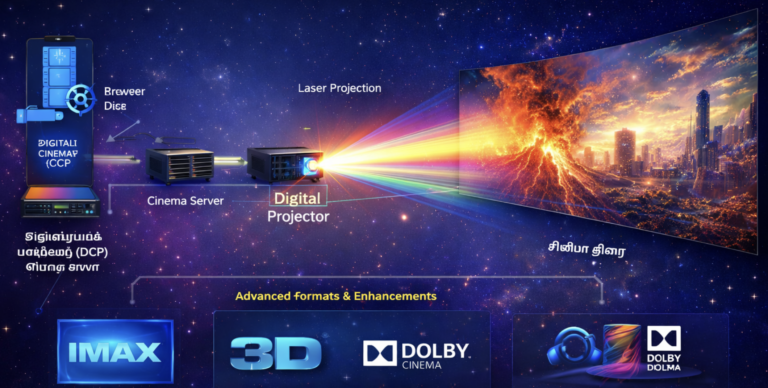
Michael Crichton, the American author, screenwriter, and filmmaker, is best remembered for his thrilling blend of science, technology, and storytelling. Born on 23 October 1942 in Chicago, Illinois, Crichton grew up with a fascination for both writing and science. His towering height—he stood at six feet nine inches—made him a striking figure, but it was his intellect and creativity that truly set him apart. Initially pursuing studies in literature, Crichton later trained in medicine at Harvard Medical School, an experience that provided him with deep insight into scientific processes and human biology. Though he earned his medical degree, his passion for writing eventually eclipsed his career in medicine.
Crichton’s early works, written under pseudonyms, laid the groundwork for his later success. His first major breakthrough came with The Andromeda Strain (1969), a chilling story about a deadly extraterrestrial microorganism. Its success established him as a master of the techno-thriller, a genre he effectively popularised. He followed with a string of gripping novels such as The Terminal Man (1972) and Congo (1980), each merging fast-paced plots with scientific plausibility.
Perhaps his most famous creation is Jurassic Park (1990), which captivated readers with its imaginative yet unsettling vision of dinosaurs resurrected through genetic engineering. The novel’s success was amplified by Steven Spielberg’s blockbuster film adaptation in 1993, which brought Crichton international fame. Its sequel, The Lost World (1995), also became a bestseller and inspired another film adaptation.
Crichton’s interest in science and its ethical implications was not confined to genetics. In Sphere (1987), he delved into deep-sea exploration and alien contact, while Prey (2002) explored the dangers of nanotechnology. State of Fear (2004) sparked debate for its sceptical view of climate change science, showing Crichton’s willingness to tackle controversial subjects. His works often highlighted both the possibilities and the perils of scientific advancement, warning of humanity’s tendency to overreach without fully understanding the consequences.
Beyond novels, Crichton achieved success in television and film. He created the hit medical drama ER (1994), which revolutionised hospital-based television storytelling. As a director, he brought films such as Westworld (1973) to the screen, a concept that later inspired a critically acclaimed television series.
Michael Crichton passed away on 4 November 2008, but his legacy endures. With over 200 million copies of his books sold worldwide, he remains a towering figure in modern literature. His unique ability to weave cutting-edge science with suspenseful narrative ensures his works continue to engage, entertain, and provoke thought among readers across generations.
In Tamil
மைகேல் க்ரைட்டன், அமெரிக்க எழுத்தாளர், திரைக்கதை ஆசிரியர் மற்றும் திரைப்பட இயக்குனர், அறிவியல், தொழில்நுட்பம் மற்றும் கதை சொல்லலை சுவாரஸ்யமாக கலந்தமைக்கிற திறனால் சிறப்பாக நினைவுகூரப்படுகிறார். 1942 அக்டோபர் 23 ஆம் தேதி இல்லினாய்ஸின் சிகாகோவில் பிறந்த க்ரைட்டன், எழுத்திலும் அறிவியலிலும் சிறுவயதிலிருந்தே ஆழ்ந்த ஆர்வம் கொண்டவராக வளர்ந்தார். ஆறு அடி ஒன்பது அங்குல உயரம் கொண்ட அவர், தனது மேன்மையான உருவத்தால் மட்டுமின்றி, அறிவாற்றல் மற்றும் படைப்பாற்றலாலும் தனித்துவம் பெற்றார். ஆரம்பத்தில் இலக்கியத்தில் கல்வியைத் தொடர்ந்த அவர், பின்னர் ஹார்வார்டு மருத்துவக் கல்லூரியில் மருத்துவம் படித்து, அறிவியல் செயல்முறைகள் மற்றும் மனித உடல் குறித்த ஆழ்ந்த புரிதலைப் பெற்றார். அவர் மருத்துவ பட்டம் பெற்றிருந்தாலும், எழுத்து மீது கொண்டிருந்த ஆர்வம், இறுதியில் அவரது மருத்துவ வாழ்க்கையை விட அதிகம் வளர்ந்தது.
க்ரைட்டனின் ஆரம்பக் கால படைப்புகள் புனைபெயர்களில் வெளியிடப்பட்டன; அவையே அவரது பிந்தைய வெற்றிக்கான அடித்தளமாக அமைந்தன. 1969 ஆம் ஆண்டு வெளிவந்த தி ஆண்ட்ரோமெடா ஸ்டிரெயின், வெளி விண்வெளியில் இருந்து வரும் கொடிய நுண்ணுயிரியை மையமாகக் கொண்ட திகிலூட்டும் கதை, அவருக்கு பெரிய முன்னேற்றமாக அமைந்தது. இதன் வெற்றியால் அவர் டெக்னோ-த்ரில்லர் எனப்படும் பாணியில் வல்லுநராகப் புகழ் பெற்றார். தி டெர்மினல் மேன் (1972), காங்கோ (1980) போன்ற அதிரடி நாவல்களை தொடர்ந்து எழுதி, வேகமான கதைக்களத்துடன் அறிவியல் நம்பகத்தன்மையையும் இணைத்தார்.
அவரது மிகப் புகழ்பெற்ற படைப்பாக ஜுராசிக் பார்க் (1990) திகழ்கிறது. மரபணு பொறியியலின் மூலம் டைனோசர்களை மீண்டும் உயிர்ப்பிக்கும் கற்பனையானாலும் அச்சமூட்டும் காட்சியால் வாசகர்களை கவர்ந்தது. 1993 இல் ஸ்டீவன் ஸ்பீல்பெர்க் இயக்கிய வெற்றி பெற்ற திரைப்பட வடிவம், க்ரைட்டனுக்கு சர்வதேச புகழைத் தந்தது. அதன் தொடர்ச்சி தி லாஸ்ட் வேர்ல்ட் (1995) கூட மிகுந்த வரவேற்பைப் பெற்று திரைப்படமாகவும் வெளிவந்தது.
க்ரைட்டனின் அறிவியலுக்கான ஆர்வம் மரபணுவைத் தாண்டியது. ஸ்பியர் (1987) நாவலில் ஆழ்கடல் ஆராய்ச்சி மற்றும் வெளிநிலைய வாழ்வுகளை ஆராய்ந்தார்; ப்ரே (2002) இல் நானோ தொழில்நுட்பத்தின் ஆபத்துகளை வெளிப்படுத்தினார். ஸ்டேட் ஆஃப் ஃபியர் (2004) காலநிலை மாற்ற அறிவியலின் மீது சந்தேகத்தை எழுப்பியதால் விவாதத்தை ஏற்படுத்தியது; இதன் மூலம் சர்ச்சைக்குரிய தலைப்புகளை கையாளும் அவரது துணிச்சலை காட்டியது. அறிவியல் முன்னேற்றத்தின் வாய்ப்புகளையும் அபாயங்களையும் வெளிப்படுத்தி, முழுமையாகப் புரியாமலே அதில் மனித குலம் அளவுக்கு மீறி ஈடுபடுவதைக் குறித்து எச்சரித்தார்.
நாவல்களுக்கு அப்பாற்பட்டும், க்ரைட்டன் தொலைக்காட்சி மற்றும் திரைப்படங்களில் வெற்றி பெற்றார். 1994 இல் ERஎனும் மருத்துவத் தொடர் நாடகத்தை உருவாக்கி, மருத்துவமனைகளை மையமாகக் கொண்ட தொலைக்காட்சி கதை சொல்லலுக்கு புதிய பாதையைத் தந்தார். இயக்குநராக வெஸ்ட்வேர்ல்ட் (1973) போன்ற படங்களை உருவாக்கினார்; அது பின்னர் விமர்சகர்களால் பாராட்டப்பட்ட தொலைக்காட்சி தொடராகவும் உயிர்ப்பிக்கப்பட்டது.
மைகேல் க்ரைட்டன் 2008 நவம்பர் 4 ஆம் தேதி மறைந்தார். இருப்பினும் அவரது மரபு தொடர்ந்து வாழ்கிறது. உலகம் முழுவதும் அவரது நூல்களின் 200 மில்லியனுக்கும் மேற்பட்ட பிரதிகள் விற்கப்பட்டுள்ளன. நவீன இலக்கியத்தில் அவர் உயர்ந்த நாயகனாகத் திகழ்கிறார். நவீன அறிவியலை சஸ்பென்ஸான கதை சொல்லலுடன் இணைக்கும் அவரது தனித்திறன், பல தலைமுறை வாசகர்களையும் தொடர்ந்து ஈர்த்து, மகிழ்வித்து, சிந்திக்க வைக்கிறது.






